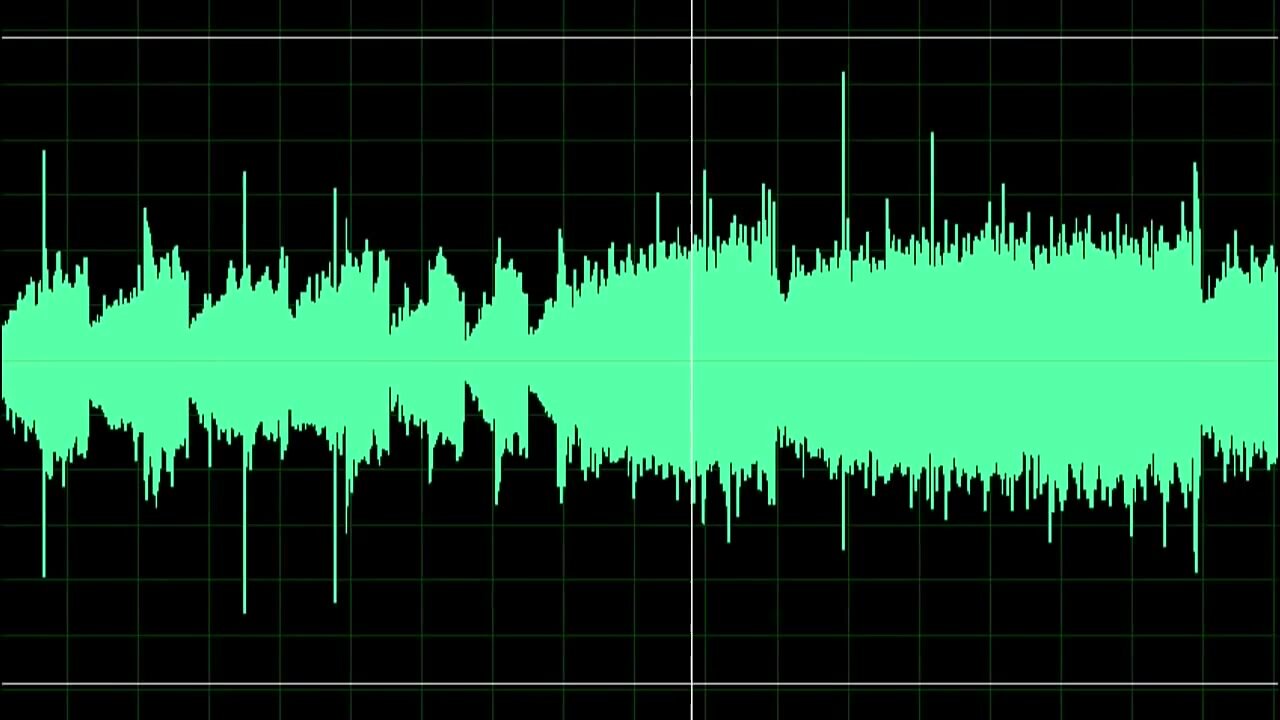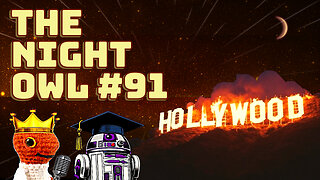Premium Only Content

UVB-76 "The Buzzer"
A shortwave radio station that broadcasts on the frequencies 4625 and 4810 kHz. It broadcasts a short, monotonous About this soundbuzz tone (help·info), repeating at a rate of approximately 25 tones per minute, 24 hours per day. Sometimes, the buzzer signal is interrupted and a voice transmission in Russian takes place. The first reports of a station on this frequency were made in 1973.
As you might expect, the Buzzer's history is murky. Roughly 30 years ago, it's said, the Soviets built a radio station near Povarovo (the accent is on the second syllable), a 40-minute drive northwest of Moscow. At the time, Leonid Brezhnev was still alive, the Kremlin presided over an intercontinental empire, and Soviet troops were battling the mujahideen. After the Soviet Union collapsed in 1991, it was revealed that Povarovo was controlled by the military, and that whatever happened there was top-secret.
Shortwave-radio aficionados developed various hypotheses about the role of the station in Russia's sprawling military-communications network. It was a forgotten node, one theory ran, set up to serve some function now lost in the bureaucracy. It was a signal, others believed, that transmitted to Russian spies in other countries. More ominously, countered another theory, UVB-76 served as nothing less than the centre of the former Soviet Union's "Dead Hand" doomsday device, which had been programmed to launch a wave of nuclear missiles at the US in the event the Kremlin was flattened by a sneak attack. (The least sexy theory, which posited that the Buzzer was testing the thickness of the ionosphere, has never enjoyed much support.)
If something exciting happened on UVB-76 -- when there was an uptick in the duration of the beeps from, say, 1.9 to 2.2 seconds, or when the timbre of the beeping shifted, or when there was a rare pause in the transmission -- fans would write in and speculate about meanings. They would clock the frequency of the beeping and listen for discrepancies or numbers or voices just beneath the veil of sound. They would ferret out fellow newsletter subscribers and members of the shortwave radio associations and share their findings. Even today, listening to UVB-76 is like listening to a world that hasn't existed for decades. This feels especially true late at night when you're in a dark room, headset on, enveloped by all the pops and whirs and snippets of anonymous voices from other signals seeping across the airwaves -- "these little trips into fantasy," as Room641A puts it, that "happen when you are sitting in front of your receiver passing by Radio Havana at three in the morning."
Donate:
PayPal: https://tinyurl.com/ydvm3x38
Donorbox: https://tinyurl.com/jhu4ff2k
Liberapay: https://tinyurl.com/e249e5cc
Cashapp: https://tinyurl.com/32vuupaz
Other Platforms:
YouTube: https://tinyurl.com/n4ek7ymu
Bitchute: https://tinyurl.com/adt44yhs
Odysee: https://tinyurl.com/c5625npr
Odysee II: https://tinyurl.com/y54tf5k7
XB Captures: https://tinyurl.com/37558ddc
Social:
Twitter: https://tinyurl.com/te4jhhv3
Minds: https://tinyurl.com/4xh42uzz
MeWe: mewe.com/i/m1240
Sources:
https://en.wikipedia.org/wiki/UVB-76
https://www.wired.co.uk/article/enigma
-
 15:04
15:04
Misha Petrov
18 hours agoThese Leftist Tattoos Are UNHINGED!
2.86K35 -
 8:27
8:27
Dr. Nick Zyrowski
1 day agoWhat to Eat After Fasting - This Diet Heals You!
2.69K4 -
 15:15
15:15
Chris From The 740
10 hours ago $0.15 earnedThe C&H Precision Comp Is The SRO Alternative You've Been Waiting For
1.72K4 -
 24:02
24:02
Bek Lover Podcast
1 day agoAmerica Under Attack - Danger In Every State?
2.07K4 -
 1:03:40
1:03:40
Uncommon Sense In Current Times
1 day ago $0.07 earned"Bar Ministry: Reaching the Lost in Unlikely Places with Randall Reeder"
12.1K1 -
 1:01:01
1:01:01
The Tom Renz Show
19 hours ago"Gates Wants to Meet With Trump & Are Alternative Treatments Really Covered Up?"
3.34K10 -
 2:24:10
2:24:10
Price of Reason
15 hours agoCan Hollywood Recover After Years of WOKE Activism? Will 2025 See B.O. Reversal? Wukong vs Microsoft
41.9K38 -
 10:09:49
10:09:49
Jerry After Dark
18 hours agoHole In One Challenge | Presented by TGL
313K19 -
 3:56:39
3:56:39
Alex Zedra
10 hours agoLIVE! New Game | The Escape: Together
75.8K20 -
 5:01:11
5:01:11
FreshandFit
12 hours agoJoe Budden Arrested For Being A Perv! Tesla Cybertruck Explosion
111K24